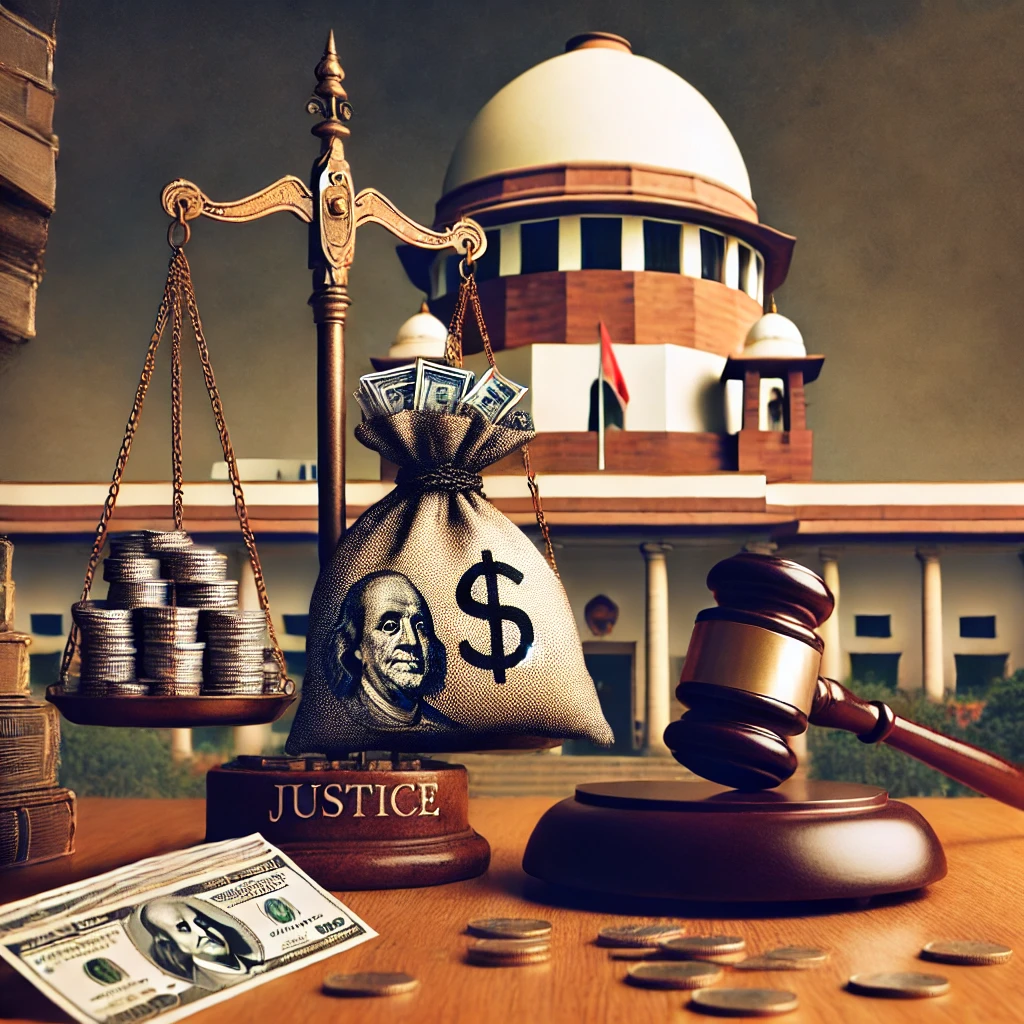Business law in Faroe Islands (Denmark)
Business Law in the Faroe Islands (Denmark) is governed by a combination of local legislation, Danish law, and European Union regulations (to the extent applicable due to the Faroe Islands’ status as a self-governing territory within the Kingdom of Denmark). The legal system in the Faroe Islands is based on Danish civil law, but it has been tailored to meet the specific needs of the Faroe Islands, which have significant autonomy in many legal and economic matters.
1. Legal Framework
The legal framework for businesses in the Faroe Islands is shaped by the following main sources of law:
- The Constitution of Denmark: While Denmark's constitution applies to the Faroe Islands in many areas, the Faroe Islands have a high degree of autonomy and can legislate independently in most matters related to domestic law, including business law.
- The Faroese Companies Act: Governs the registration, operation, and dissolution of companies.
- The Faroese Commercial Code: Regulates commercial contracts and business transactions.
- Faroese Tax Legislation: Includes regulations related to corporate and personal income tax, VAT, and other fiscal matters.
- Environmental Regulations: Given the territory's natural resources, businesses operating in sectors like fisheries, agriculture, and tourism must comply with strict environmental laws.
2. Types of Business Entities
The Faroe Islands offers several types of business structures, each with its own legal and tax considerations.
a. Sole Proprietorship
- A sole proprietorship is owned and operated by a single individual. The owner is personally liable for all business debts.
- This structure is ideal for small businesses with limited capital needs.
- There is no legal distinction between the owner and the business.
b. Partnership
- Partnerships in the Faroe Islands can either be general partnerships (with shared responsibility for business debts) or limited partnerships (where some partners have limited liability).
- Partners are generally jointly and severally liable for the business's debts.
- A partnership requires at least two partners, and it can be formed through a written agreement.
c. Limited Liability Company (LLC or ApS)
- A private limited company (ApS) is a popular business structure, offering limited liability to its owners (shareholders), meaning they are only liable for the amount they invest in the company.
- The minimum share capital required is DKK 50,000 (approximately EUR 6,700 or USD 7,500).
- An LLC must have at least one shareholder and one director. Shareholders' liability is limited to the amount of capital they have invested.
- Public limited companies (A/S) can also be formed, but these require a minimum share capital of DKK 500,000 (approximately EUR 67,000 or USD 75,000) and are typically used for larger enterprises.
d. Branch of a Foreign Company
- Foreign companies can set up a branch in the Faroe Islands. A branch operates as an extension of the parent company and is not a separate legal entity.
- The parent company assumes full liability for the branch's activities.
- Registration with the Faroese Business Register is required for foreign branches.
3. Business Registration and Licensing
Starting a business in the Faroe Islands requires registration with the Faroese Business Register (Virðisvøttun og Tilfari), which is administered by the Faroese Tax Administration (Skattalistin). The process typically involves:
- Business Name Reservation: A business name must be chosen and reserved.
- Registering the Business: Depending on the business structure, registration involves submitting necessary documentation such as articles of association, identification of directors/shareholders, and proof of the business's legal address.
- Tax Identification: Businesses must obtain a tax identification number (TIN) from the Faroese Tax Administration.
- Licenses and Permits: Certain businesses, especially in regulated sectors like finance, tourism, food production, and fishing, may require additional licenses or permits from relevant authorities.
4. Taxation System
The Faroe Islands has a relatively straightforward and business-friendly tax system. The tax environment is designed to encourage investment and economic development.
a. Corporate Income Tax
- The corporate tax rate in the Faroe Islands is 18% on taxable profits.
- Corporate income tax applies to businesses operating in the Faroe Islands, including branches of foreign companies.
- There is no capital gains tax on the sale of shares or assets, except for specific circumstances involving real estate.
b. Value Added Tax (VAT)
- The standard VAT rate in the Faroe Islands is 25%.
- Businesses must register for VAT if their annual taxable turnover exceeds DKK 50,000 (approximately EUR 6,700 or USD 7,500).
- Certain goods and services, such as food, medicines, and transport, may be exempt or subject to reduced rates.
c. Personal Income Tax
- The personal income tax rate in the Faroe Islands is progressive, with rates ranging from 0% to 47.7% depending on the level of income.
- The tax system includes a municipal tax and a state income tax.
- Self-employed individuals are subject to personal income tax and must file annual tax returns.
d. Other Taxes
- The Faroe Islands does not impose inheritance tax, capital gains tax (except in specific cases), or wealth tax.
- There are also no taxes on dividends or interest for individuals.
5. Labor Laws
Labor laws in the Faroe Islands are generally governed by Danish law with some specific local adjustments. Key aspects of employment law include:
a. Employment Contracts
- Employees in the Faroe Islands are entitled to a written employment contract specifying the terms of employment, such as duties, wages, working hours, and termination conditions.
- Fixed-term and permanent contracts are both common, with permanent contracts being the default.
b. Working Hours
- The standard working week in the Faroe Islands is 37.5 hours, typically divided into 5 working days.
- Overtime is paid at a higher rate than regular working hours.
c. Minimum Wage
- There is no official national minimum wage in the Faroe Islands. However, collective bargaining agreements in various sectors may set minimum wage standards.
- Wages are typically negotiated individually or through labor unions in specific industries.
d. Annual Leave and Public Holidays
- Employees are entitled to 5 weeks of paid annual leave.
- Employees are also entitled to paid leave on public holidays.
e. Sick Leave and Maternity Leave
- Employees are entitled to sick leave with compensation, generally paid by the employer for a short period and then by the government.
- Maternity leave is provided in line with Danish law, offering up to 18 weeks of paid leave.
f. Termination of Employment
- Employment may be terminated by mutual agreement, by the employer (with notice), or by the employee.
- There are specific rules around notice periods, severance pay, and grounds for dismissal.
- Employees have strong protection against unfair dismissal, and disputes can be resolved through the Faroese Employment Tribunal.
6. Foreign Investment and Incentives
The Faroe Islands is open to foreign investment, particularly in industries such as fisheries, tourism, and renewable energy. The Faroese government offers a stable economic and legal environment to attract foreign businesses.
- Fisheries: The Faroe Islands has one of the most lucrative fisheries sectors in the world, and foreign businesses involved in the fishing industry can benefit from access to exclusive fishing quotas.
- Renewable Energy: The Faroe Islands is investing heavily in renewable energy sources, especially wind and tidal energy, creating opportunities for foreign investors in these sectors.
- Incentives: The Faroe Islands offers tax incentives to businesses involved in certain industries, such as energy production and research and development (R&D).
7. Environmental Regulations
The Faroe Islands has strict environmental regulations, particularly in industries that impact natural resources such as fishing, agriculture, and tourism. Businesses in these sectors must comply with:
- Sustainable Fisheries: Fishing businesses must adhere to sustainability quotas and environmental protections to preserve fish stocks.
- Environmental Impact Assessments (EIA): Projects that may impact the environment require an EIA, and businesses must mitigate any negative effects on nature.
- Renewable Energy: Businesses involved in energy production must comply with regulations that promote clean energy and minimize environmental damage.
8. Dispute Resolution
Disputes in the Faroe Islands can be resolved through the court system or through alternative dispute resolution (ADR) methods, such as arbitration and mediation.
- The Faroese Court handles civil, commercial, and criminal cases, with the possibility of appealing decisions to higher courts in Denmark.
- Arbitration is a common method of resolving commercial disputes in the Faroe Islands, especially for cross-border disputes.
Conclusion
The Faroe Islands offers a stable and business-friendly environment with a relatively low tax burden, modern company laws, and a focus on sustainable industries such as fisheries and renewable energy. Businesses operating in the Faroe Islands benefit from autonomy in many legal areas, a well-regulated labor market, and incentives for foreign investment in key sectors. However, businesses must comply with environmental regulations and be aware of the specific legal and regulatory framework governing their sector. Understanding the local legal landscape is crucial for businesses looking to establish a presence in this economically vibrant and geographically remote part of the Kingdom of Denmark.




























0 comments